Biological Sciences
-

Oak Ridge and Vanderbilt come together to explore cellular processes
Vanderbilt University and Oak Ridge National Laboratory are combining their expertise in biology, chemistry, physics, mathematics and computation to address pressing problems in biology. Read MoreJul 5, 2018
-
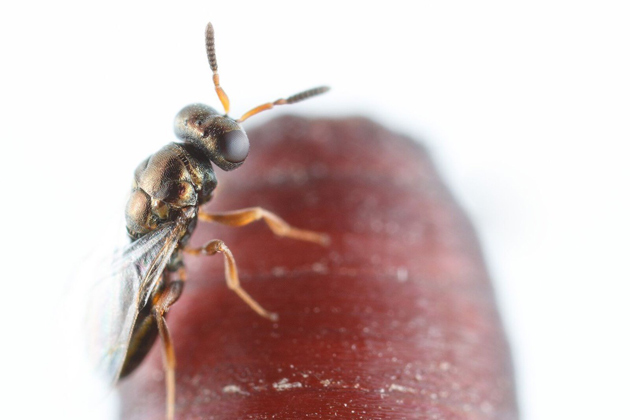
Insect gene allows reproductive organs to cope with harmful bacteria
Bordenstein’s team studied Nasonia parasitic wasps, which are about the size of a sesame seed, and they serve as one of the best models to dissect and characterize the evolution of insect genomes. Read MoreMay 17, 2018
-
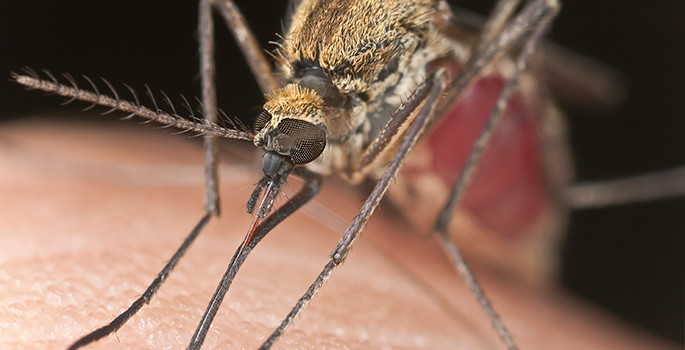
Unraveling genetic mystery next step in Zika and dengue fight
How a bacteria hijacked insect fertility remained a mystery for five decades, until Associate Professor of Biological Sciences Seth Bordenstein and his team helped solve it. Read MoreApr 23, 2018
-

MIT’s Orr-Weaver wraps up spring Discovery Lecture series April 26
The spring Flexner Discovery Lecture series wraps up on Thursday, April 26, with a presentation by Terry Orr-Weaver, PhD, professor of Biology at the Massachusetts Institute of Technology. Read MoreApr 19, 2018
-

Cell signals that trigger wound healing are surprisingly complex
Vanderbilt scientists have taken an important step toward understanding the way in which injured cells trigger wound healing, an insight essential for improving treatments of all types of wounds. Read MoreOct 3, 2017
-

Biologist reaches into electric eel tank, comes out with equation to measure shocks
Ken Catania stuck his arm into a tank with an electric eel 10 times -- the only way to get accurate measurements of the circuit created by animal, arm and water. Read MoreSep 14, 2017
-

New research on Fragile X syndrome reinforces importance of early detection
New insights into the long-lasting effects of Fragile X syndrome on connections in the brain during early development highlight the importance of early detection and treatment. Read MoreAug 25, 2017
-
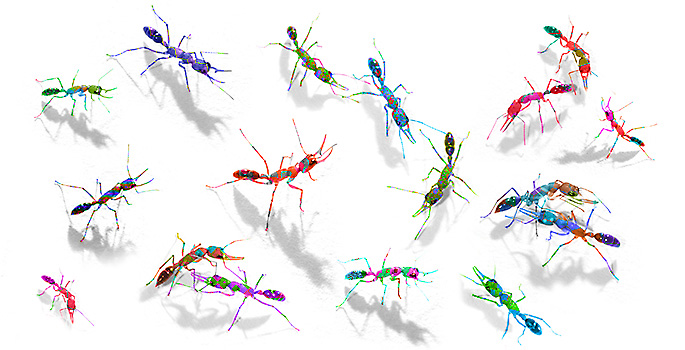
Decoding ants’ coat of many odors
A team of biologists report a major advance in deciphering the molecular genetics underlying the ant's high-definition sense of smell, an ability that underpins their highly complex society. Read MoreJul 10, 2017
-
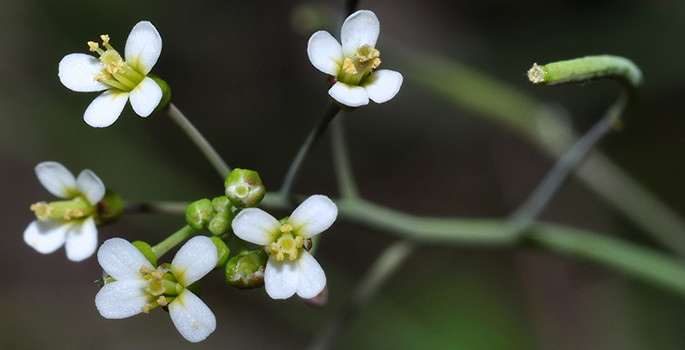
New method for tapping vast plant pharmacopeia to make more effective drugs
Geneticists have developed an effective new method for identifying the genes that produce the chemicals plants use to protect themselves from predators, which are an important natural drug source. Read MoreApr 14, 2017
-

A new mode of DNA repair
Structural details of a protein that removes DNA lesions shed light on fundamental mechanisms of DNA repair. Read MoreApr 14, 2017
-
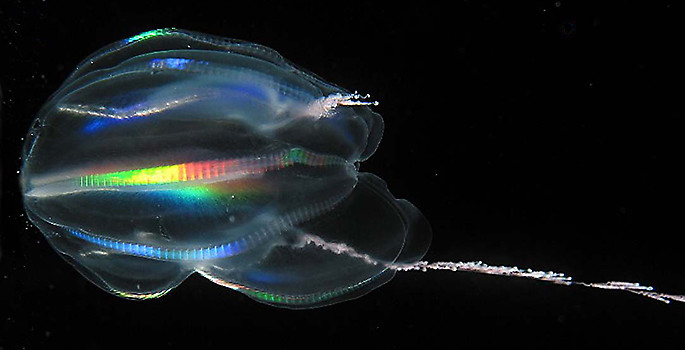
Forget sponges: the earliest animals were marine jellies
A powerful new method has been devised to settle contentious phylogenetic tree-of-life issues. such as "What is the oldest branch of the animal family tree?" Read MoreApr 10, 2017
-

Fish eyes may hold key to regenerating human retinas
Research into retinal regeneration in zebrafish has identified a signal that appears to trigger the self-repair process, raising the possibility of inducing retinal repair in human eyes. Read MoreMar 9, 2017
-
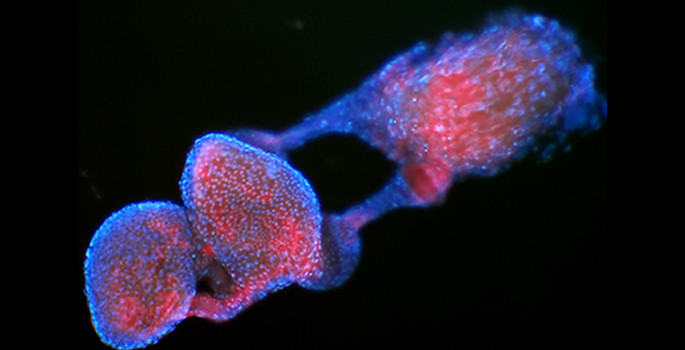
New tool for combating mosquito-borne disease: insect parasite genes
Genes used by the insect parasite Wolbachia to control its hosts' reproduction can be used to help control the spread of mosquito-borne diseases like dengue, Zika and malaria. Read MoreFeb 27, 2017
-

Amount of daylight may impact serotonin programming
The duration of exposure to daylight, or the “photoperiod,” may affect development of seasonal affective disorder by programming serotonin neurons in the brain, according to Vanderbilt University researchers. Read MoreJan 19, 2017
-

Research that ruled in 2016: Readers’ favorite stories
Artificial kidneys, gay-straight alliances and junkyard batteries captured readers' attention in 2016. Read MoreDec 16, 2016
-

Blood-brain barrier on a chip sheds new light on “silent killer”
A new microfluidic device containing human cells that faithfully mimics the behavior of the blood-brain barrier is providing new insights into brain inflammation, the silent killer. Read MoreDec 6, 2016
-
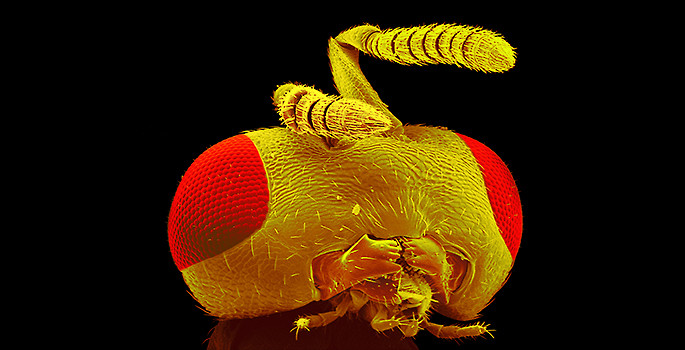
Each animal species hosts a unique microbial community and benefits from it
A laboratory study of four animal species and their microbiota finds that each species hosts a unique community of microbes that can significantly improve its health and fitness. Read MoreNov 28, 2016
-
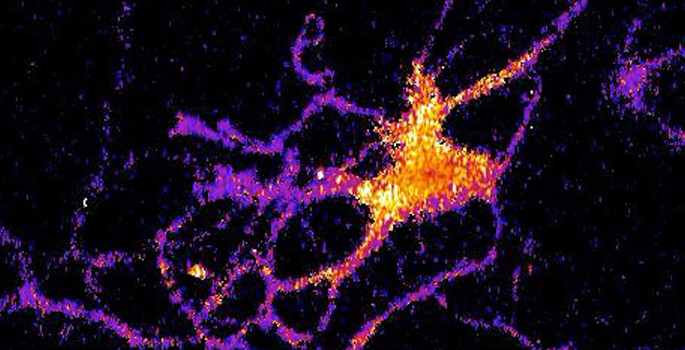
Bioluminescent sensor causes brain cells to glow in the dark
A team of Vanderbilt scientists have genetically modified luciferase, the enzyme that produces bioluminescence, so that it acts as an optical sensor that records activity in brain cells. Read MoreOct 27, 2016
-
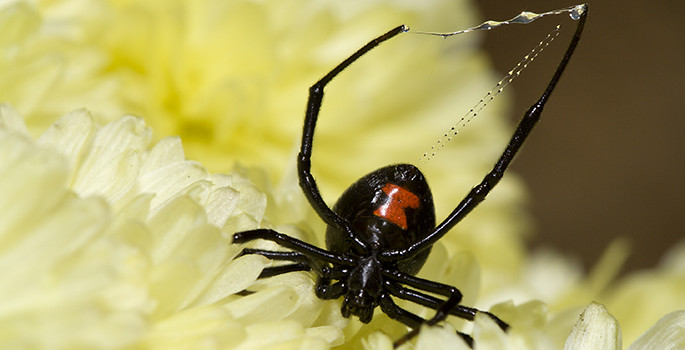
Virus carrying DNA of black widow spider toxin discovered
DNA related to black widow spider toxin been discovered in a phage that infects the bacterial parasite Wolbachia. It is the first time animal-like DNA has been found in a bacterial virus. Read MoreOct 11, 2016
-
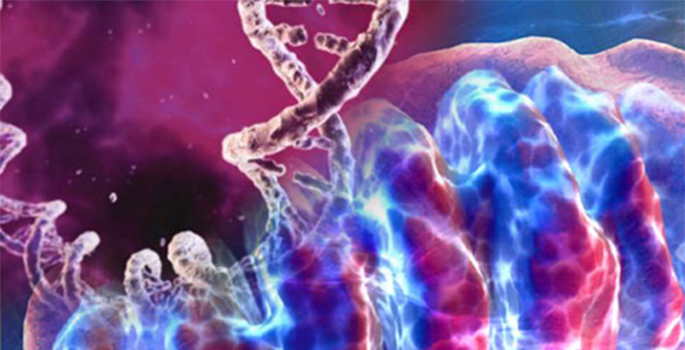
Discovery of male-harming DNA mutation reinforces ‘mother’s curse’ hypothesis
There is new evidence that the "mother’s curse" – the possibility that moms may transmit genes to their children that harm their sons but not their daughters – holds true in animals. Read MoreAug 2, 2016